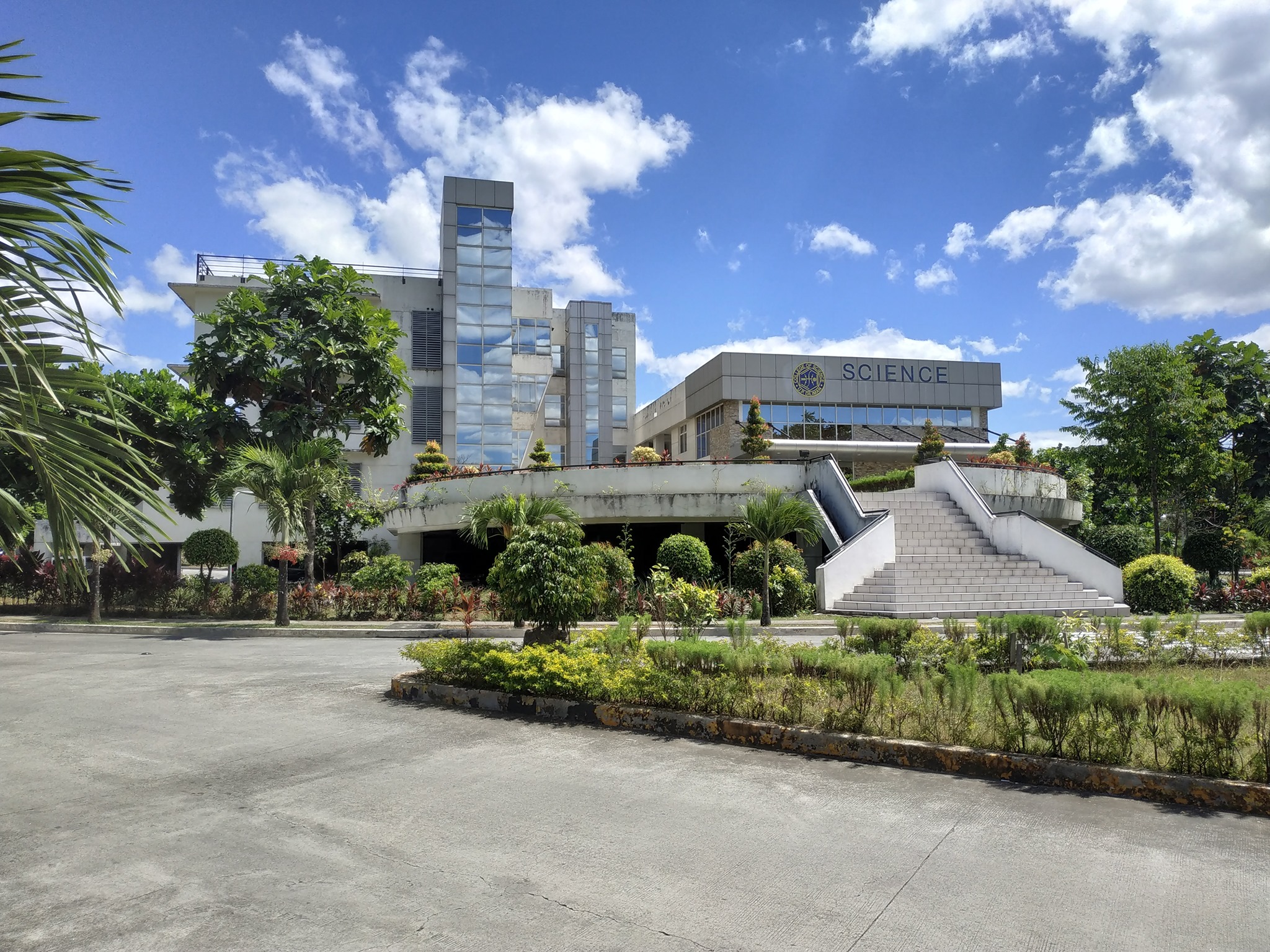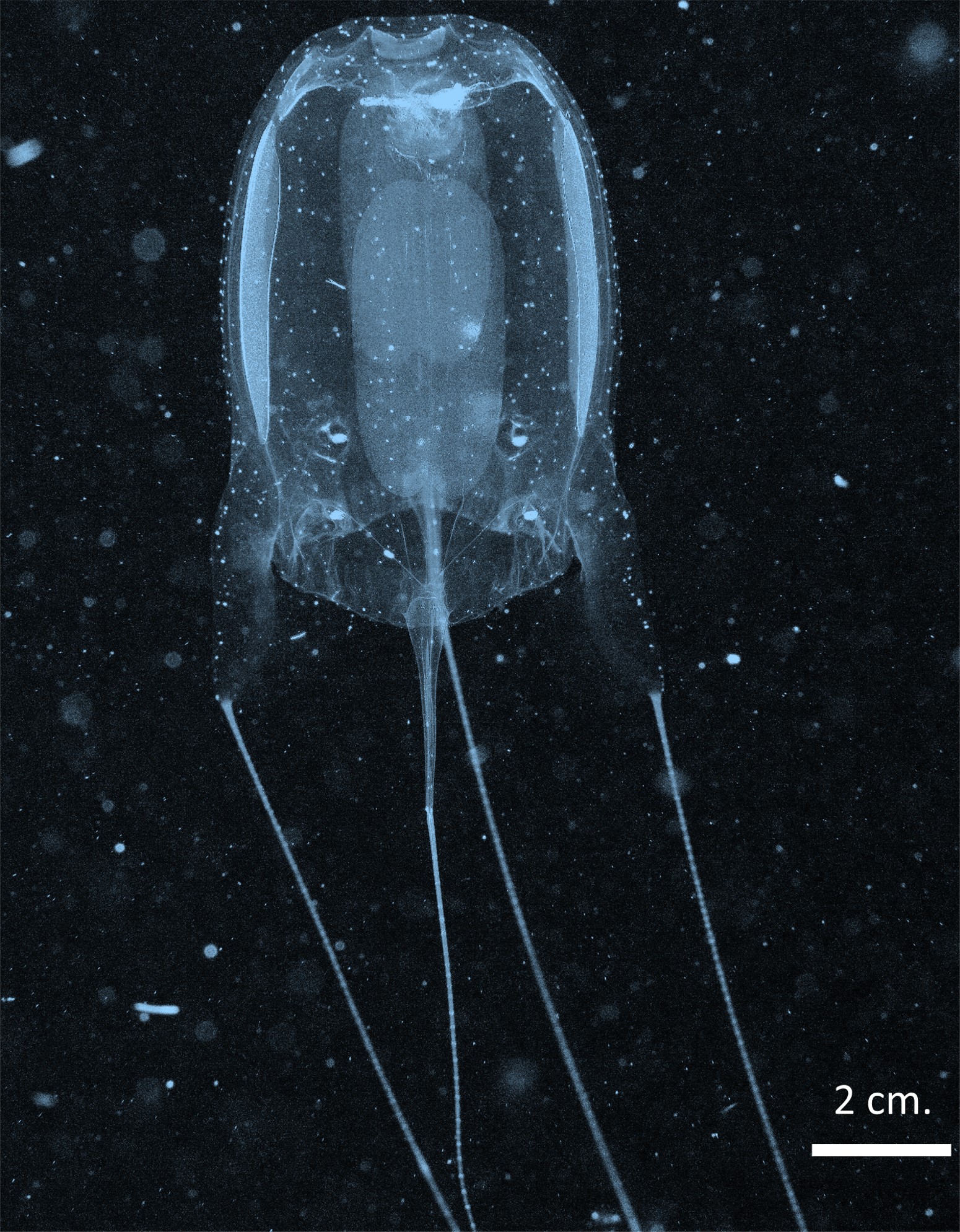News & Events
Please see the following Important Dates for the 2nd Semester AY 2025-2026 Registration Period
Please be advised that effective 01 January 2026, all certifications and TCGs issued by the Office of the College Secretary (OCS) and Office of the Associate Dean for Academic Affairs (Graduate Office) of the College of Science shall be subject to a fee of Php 20.00 for each certification and True Copy of Grades (TCG)
Bilang isa sa mga bansang may pinakamaraming bagyo sa mundo, mayroon tayong 45 taon ng datos ng tropical cyclones (TC) o bagyo sa Pilipinas na pwedeng suriin at makakuha ng mahahalagang kaalaman tungkol sa pag-uugali ng mga bagyo habang papalapit at tumama o mag-landfall sa bansa.
An analysis of 45 years’ worth of Philippine tropical cyclone (TC) data reveals insights into how storms behave as they approach and make landfall in the country—considered as one of the world’s most cyclone-prone regions.
Ang Pilipinas, na matatagpuan sa loob ng Coral Triangle, ay kinikilala bilang isa sa pinakamayamang marine ecosystem sa mundo. Gayunpaman, maraming mga marine species—gaya ng carybdeid box jellyfish na isang uri ng dikya—ay nananatiling hindi naidokumento. Ang taglay nilang potent venom at ecological significance ay nagbibigay-diin sa kahalagahan ng pagsasagawa ng tamang pag-aaral sa taxonomy ng mga box jellyfish.
The Philippines, located within the Coral Triangle, is recognized as one of the world’s richest marine ecosystems. Yet, many marine species—such as carybdeid box jellyfish—remain poorly documented. Their potent venom and ecological significance underline the importance of conducting accurate taxonomic studies on box jellyfish.



